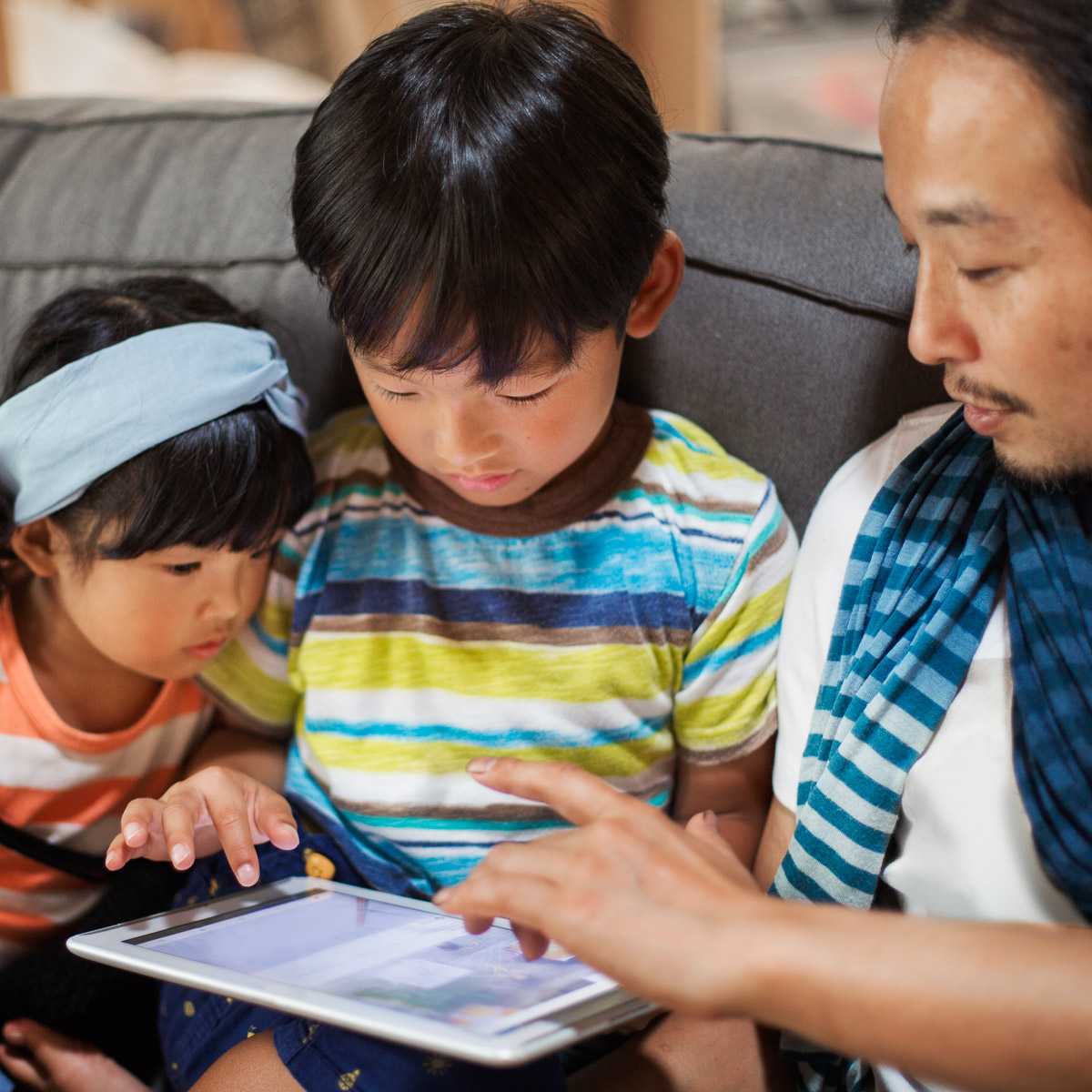
Advancing Digital Citizenship: The Need for Multi-Stakeholder Collaboration in Japan’s Youth Internet Education
February 14, 2025
In today’s world, internet and social media usage amongst minors is almost inevitable across the globe, and it is no exception in Japan. Children grow up with digital devices as pacifiers and are even better at navigating the world of the internet than adults. The government is actively integrating digital tools into youths’ day-to-day learning; however, the digital landscape presents a myriad of challenges such as defamation, child sexual abuse and misinformation. To solve these issues involves a wide range of stakeholders, including guardians, government, teachers, social media and online services platforms and nonprofit organizations (NPOs).
The government has recognized the challenges surrounding minors and the internet and has initiated measures through discussions involving multiple ministries. Efforts have focused on enhancing user literacy through education and raising awareness. For example, Japanese schools have emphasized an approach centered on information ethics, urging children to recognize risks and how to avoid them. This approach has predominantly followed a top-down model, with education delivered from teachers to students and guardians to children.
However, the limitations of this strategy have become apparent. It restricts internet utilization and hinders the development of youth autonomy. As a result, the concept of “digital citizenship,” which emphasizes fostering problem-solving skills among youth, is gaining traction and being integrated into policy frameworks.
Since the enactment of the Establishment of Enhanced Environment for Youth’s Safe and Secure Internet Use Act in 2008, the Ministry of Internal Affairs and Communications (MIC) has mandated mobile phone operators to implement filtering settings and promoted user literacy education. It has also compiled case studies of internet-related issues. In 2023, the MIC defined essential literacy skills for youth in the context of information and communication technology (ICT) utilization and prioritized accelerating literacy education. It aims to incorporate the enhancement of internet literacy into education at schools and homes, teaching it in an applied and practical manner. Additionally, efforts have been made to engage guardians, encouraging the use of filtering tools to create safer online environments for minors.
In September 2024, the Children and Families Agency (CFA) revised the Basic Plan for Youth Internet Use. The updated plan shifted the perspective from “the internet is dangerous and should be avoided” to “use the internet wisely and correctly.” It promotes the use of both technical measures, such as filtering and parental controls, along with educational initiatives, including parent-child rule-setting.
Traditional information ethics education has focused on adults regulating children in a restrictive manner. In contrast, digital citizenship education assumes the use of digital technologies and emphasizes fostering autonomy in children. Instead of simply advising against posting photos of others on social media without permission, digital citizenship education encourages children to consider the potential risks and challenges of such actions, develop awareness and practice responsible behavior.
Moreover, digital citizenship encompasses values such as respect for human rights, empathy and ethical behavior, all of which are essential for navigating the digital world.
To address the various challenges that minors face online, it is vital to nurture their autonomy while enhancing their problem-solving skills and understanding of human rights and ethics. This requires collaborative efforts involving educators, guardians and communities, guided by the principles of digital citizenship.
The government has made commendable progress in advancing digital citizenship and ensuring safe internet use for minors. However, various stakeholders—including schools, local governments, families and platform operators—currently operate independently. These fragmented efforts often result in limited effectiveness due to differences in mindset and approach.
What is needed now is for each stakeholder to consider how to integrate digital citizenship into their activities. Moving away from top-down literacy education, each actor must prioritize digital citizenship as a core principle in their initiatives.
Furthermore, fostering collaboration among social media and online service providers, guardians, experts, non-profits, educational institutions and local communities is essential. By increasing touchpoints and establishing shared mindsets, stakeholders can work together to develop information-sharing platforms and create effective teaching materials and programs. Leveraging the expertise and experiences of each actor can enable multi-layered, continuous efforts that cultivate the autonomy and problem-solving abilities necessary for the digital age.
The internet plays a significant role in every generation’s lives, but minors face an increased number of challenges. While governments and schools have implemented measures to prevent harm through education and awareness, the focus now must be on fostering young people’s ability to independently discern right from wrong when online. The concept of digital citizenship, which prioritizes utilization of digital tools and youth autonomy, is pivotal in addressing these challenges. By fostering a deeper understanding of digital citizenship among minors and their guardians, and ensuring safe and effective internet use, collaboration among multiple stakeholders is indispensable.